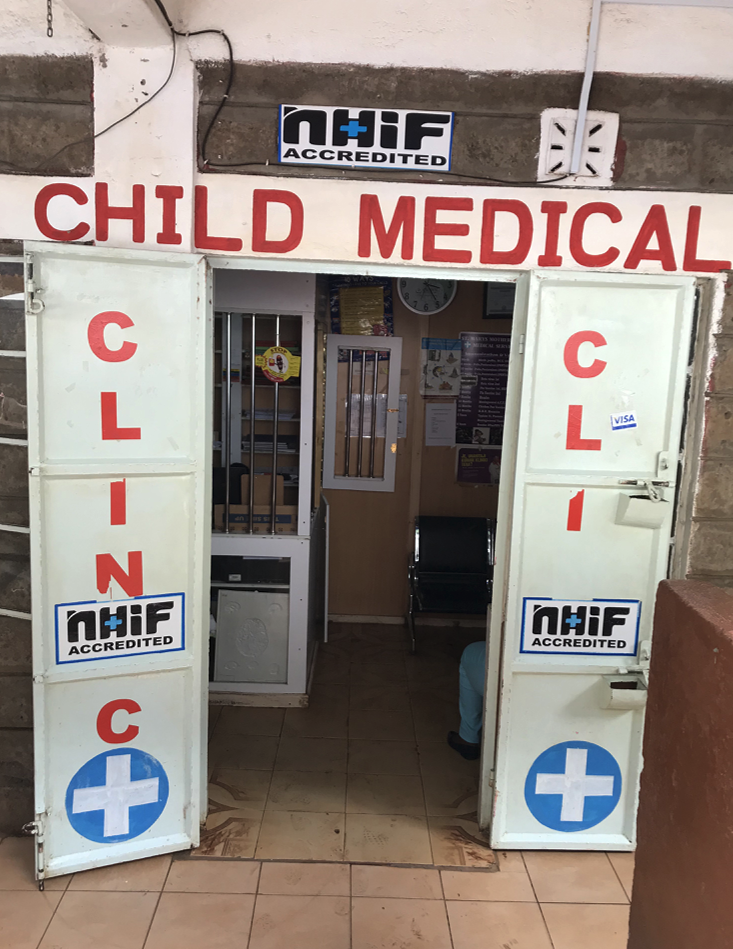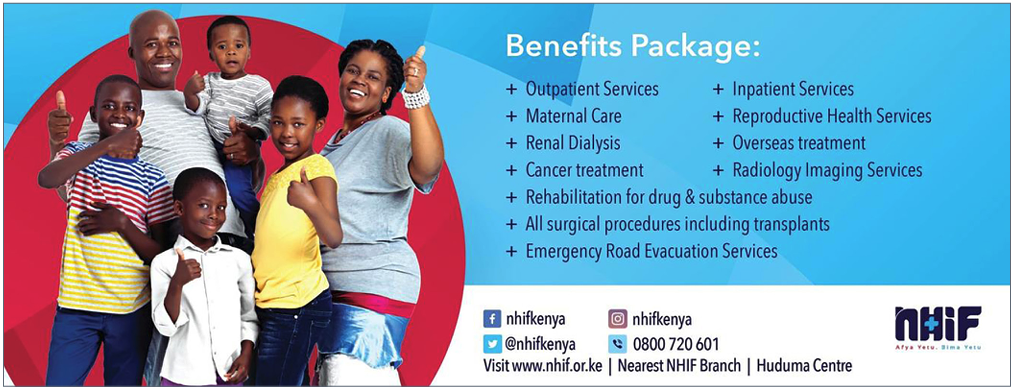Contracting by private health providers with health financing programs

In support of efforts by low- and middle-income countries to strengthen health systems and advance toward universal health coverage, Abt Associates has promoted better health outcomes through private sector engagement. Initiatives range from organizing private sector actors (along with cataloging their activities and capabilities), improving the enabling environment for the private sector with policy reforms and better governance, to developing partnerships and building systems and skills to enhance the quality and sustainability of care. These initiatives support the private sector to function as an integral component of a country’s health system, presenting new opportunities to accelerate progress in areas such as financing.
For example, data from the Abt led Sustaining Health Outcomes through the Private Sector (SHOPS Plus) Project shows that across low- and middle-income countries, substantial numbers of people, even those who are poor, access private healthcare providers for services such as care for a sick child or family planning. This points to the important role of the private sector in providing health care in communities. However, many households, especially low-income ones, confront inequitable financial barriers to access care. On average, households pay out of pocket for more than half of all health care they use across all sources of care (private and public).
Expanding financing programs that purchase health care hold promise to engage private and public providers in a more equitable, integrated, holistic way to address these challenges by reducing financial barriers for clients to access care and offering providers a new source of revenue. However, experience in doing so in low- and middle-income countries is limited. There can be substantial hurdles, such as legal, financial, and operational, for private providers to participate in financing programs, particularly those operating solo or small group practices. At the same time, financing programs face challenges to efficiently integrate large numbers of disparate providers into their networks.

In Kenya, private health facilities represent about half of the country’s health system. The government is committed to scaling up population coverage in the country’s National Hospital Insurance Fund (NHIF) as a key financing program to support universal health coverage. Within this context, for 16 months (ending in September 2020), SHOPS Plus partnered with Population Services Kenya (PS Kenya, an affiliate of Population Services International) to examine how to organize small provider practices belonging to PS Kenya’s Tunza Platinum Network and support these practices to contract with the NHIF. Our work builds on the Bill and Melinda Gates Foundation and the UK’s FDCO-funded African Markets for Health Equity project, implemented from 2012-2019. Two main takeaways from this work shed light on potential challenges and opportunities for integrating private providers into health financing programs in Kenya and beyond:
- Contracting regulations and approaches matter: The NHIF is prohibited by law from contracting with any entity that does not hold a practitioner’s license – effectively curtailing more efficient group contracts through an intermediary. Furthermore, the NHIF operates six separate financing schemes. Each scheme has its own benefit package and payment mechanism and requires a unique contract with each licensed provider participating in the scheme.
- Digital systems take root slowly but can support financing programs: The NHIF requires electronic submission of claims for cashless transactions, yet it remains common for small to medium private provider operations (e.g., billing, scheduling, reporting, inventory management) to use manual, paper-based processes that are typically slower, more labor-intensive, and less accurate. Providers are generally interested to adopt computerized systems, but face challenges to identify appropriate systems, train and retain staff who can use them, and budget for initial investment and maintenance costs (e.g., licensing fees and system upgrades).
For more, read the brief.